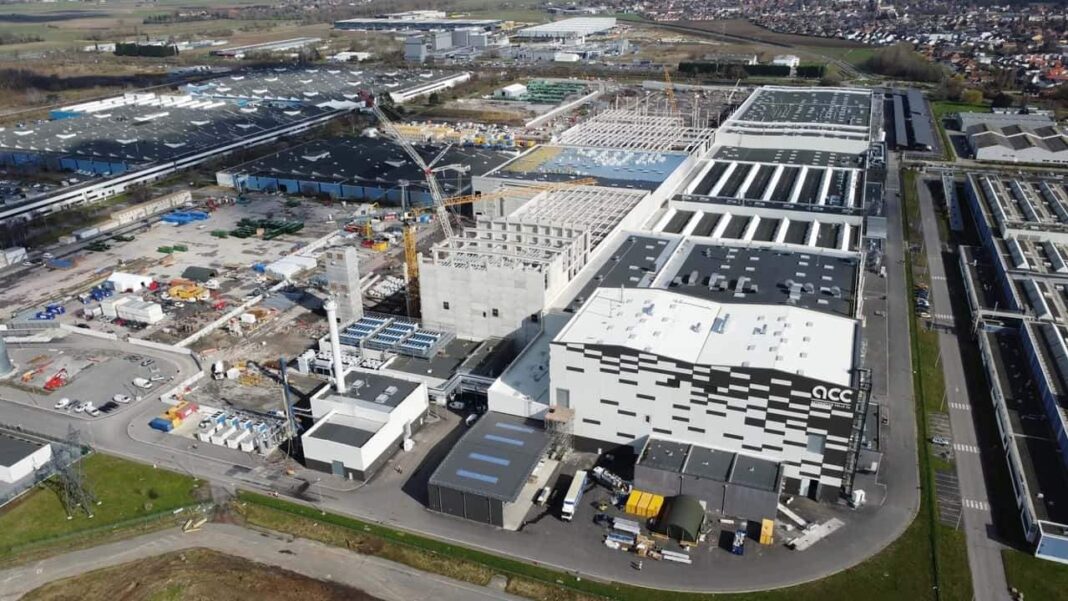What?
Automotive Cells Company (ACC), a joint venture involving Stellantis, Mercedes-Benz, and TotalEnergies, has decided to halt the construction of two electric vehicle battery gigafactories in Europe due to a slowdown in EV sales growth. Originally planning three battery factories with a $7.6 billion investment, one factory in Douvrin, France, is operational while the ones in Kaiserslautern, Germany, and Termoli, Italy, are on hold. ACC is reassessing its strategy amidst overly optimistic EV sales projections, deciding to adjust its investment plan based on the pace of EV adoption in Europe.
Why Does It Matter?
Despite reports painting a bleak picture of EV sales, few manufacturers are experiencing declines, notably Tesla. Stellantis CEO Carlos Tavares emphasized the need to align investment plans with European EV adoption rates, hinting at potential adjustments based on market shifts. ACC CEO Yann Vincent noted a sluggish demand for EVs in Europe, focusing on mass-market segments. To cater to cheaper EVs, the German battery factory might switch to producing lithium iron phosphate (LFP) cells instead of nickel manganese cobalt (NMC) batteries. The future of the Opel factory in Kaiserslautern and the plant in Termoli remains uncertain, with decisions pending in late 2024 or early 2025.
Each gigafactory was designed to produce 40 gigawatt-hours annually, sufficient for 600,000 vehicles. However, with two factories paused and the France facility at a lower capacity, concerns arise about future output levels. Nonetheless, Mercedes-Benz, maintaining a 30% stake in ACC, asserts its commitment to the joint venture and its electrification goals. Stellantis and Saft, a TotalEnergies subsidiary, hold 45% and 25% stakes, respectively.
How Is It Going to Shape the Future?
The temporary halt on gigafactory construction reflects adaptive strategies in response to evolving industry trends. By aligning investment plans with actual market demands, ACC aims to navigate the volatile landscape of EV sales growth in Europe. The shift towards producing LFP cells indicates a focus on cost-effectiveness and affordability for electric vehicles. The upcoming decisions regarding factory operations will play a crucial role in shaping the future landscape of EV battery production and supply, influencing the overall trajectory of electric vehicle adoption and sustainability efforts in the automotive sector.

